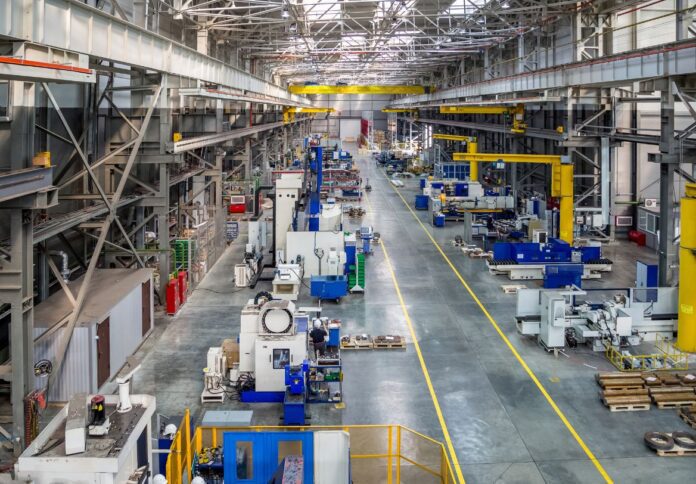
The Australian manufacturing sector continued to contract in August at a rate similar to July’s, with the headline seasonally adjusted Judo Bank Australian Manufacturing PMI posting the same result of 49.6.
The latest reading marks the sixth consecutive month of decline in the sector’s operating conditions since February, albeit with only marginal deterioration.
Contraction in new orders and labour pressures dragged output performance in August, but firms were able to continue working through their backlogs, allowing output to decline only marginally.
However, supply conditions and price pressures worsened in the eighth month of the year as lead times prolonged slightly and cost inflation accelerated.
Nevertheless, the sector is most upbeat in six months.
“Australia’s manufacturing sector continues to improve in recent months after the slowdown at the start of 2023. The output and new orders indexes are only just below 50 and have been building some upward momentum over the last three months,” said Warren Hogan, chief economic advisor at Judo Bank.
“The PMI index, which incorporates a range of sub-indexes to capture the cyclical position of the manufacturing sector was unchanged at 49.6 in August, the strongest since February and pointing to recovery in recent months,” Hogan explained.
Manufacturers were cautious about acquiring additional inputs as the demand saw weakening conditions, which further dragged pre-production inventory holdings.
Stocks of finished goods also fell in August, extending the current period of contraction to six months.
Overall sentiment within the Australian manufacturing sector remained positive midway into the third quarter. The level of business confidence saw an increase for the second consecutive month to the highest since February as firms expressed anticipation that sales can increase over the coming year as economic and inflation conditions improve.
“The good news is that Australia’s manufacturing sector is experiencing a mild cyclical slowdown in 2023. The bad news is the stabilisation in activity and higher cost pressures mean inflation pressures are rising early in the 2023/24 financial year,” Hogan said.



















